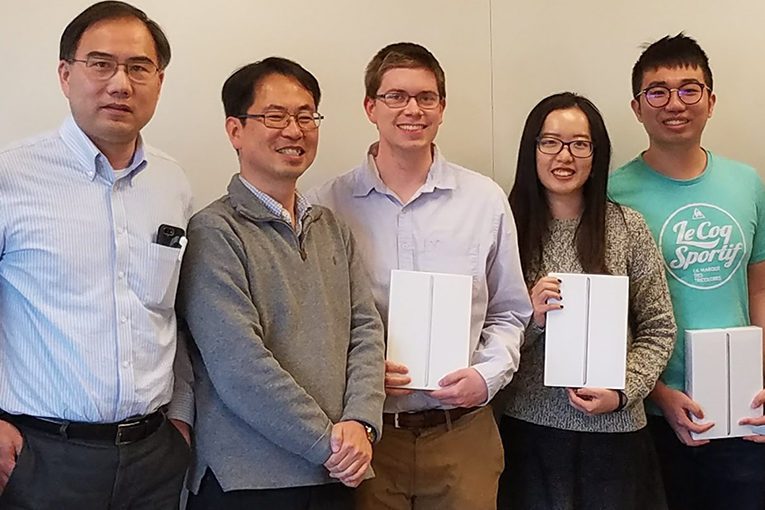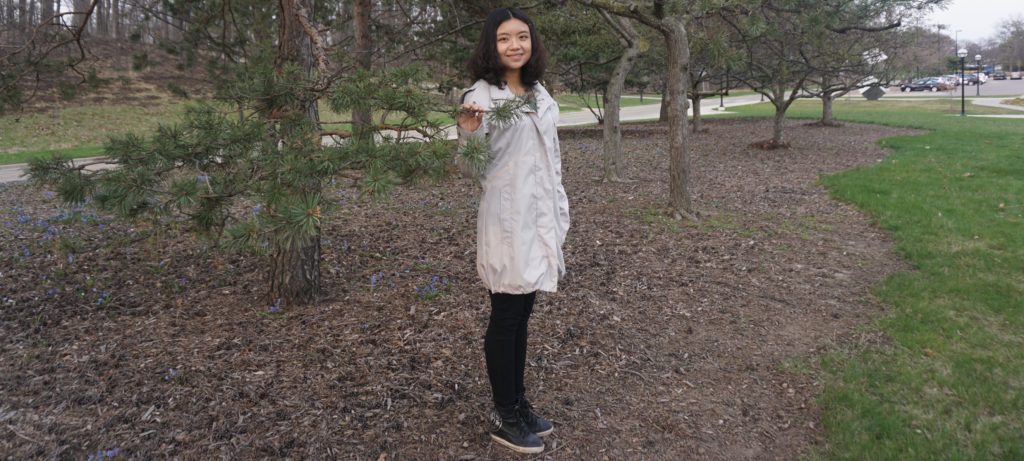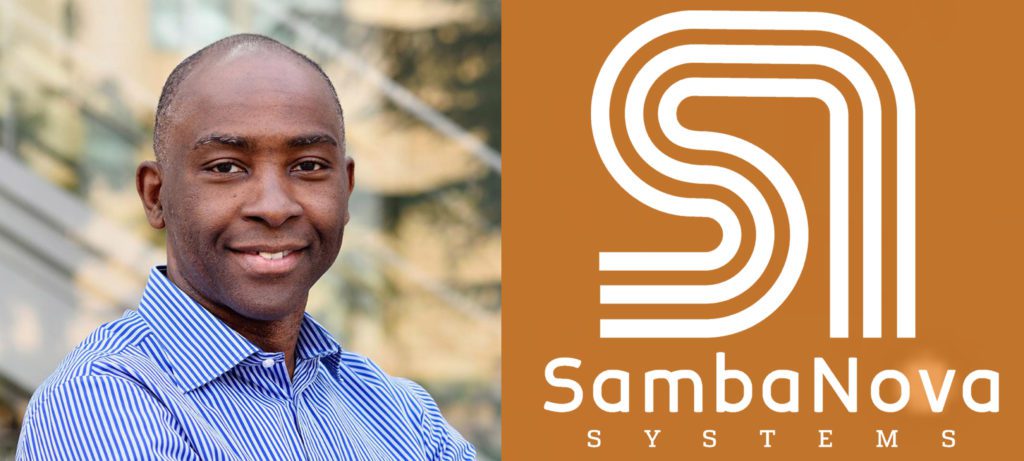Students in EECS 556: Image Processing, explore methods to improve image processing in applications such as biomedical imaging and video and image compression


Students in EECS 556: Image Processing, explore methods to improve image processing in applications such as biomedical imaging and video and image compression

An award-winning modeling method will help us better understand our natural environment
Bi-national study involving UM researcher will aid predictive models.
The post International Antarctic glacier study focuses on sea level changes appeared first on Michigan Engineering News.

A new kind of imaging could distinguish aggressive tumors from benign, preventing unnecessary breast cancer treatments.
The post Findings in mice show pill for breast cancer diagnosis may outperform mammograms appeared first on Engineering Research News.
Our pursuit of fusion needs a heat-check
The post Recreating supernova reaction yields new insights for fusion energy appeared first on Michigan Engineering News.
With old IMAX projector bulbs, Michigan Engineers simulate the sun.
The post Key Parker Solar Probe sensor bests sun simulator—last launch hurdle appeared first on Michigan Engineering News.
U-M profs weigh new business model, European-style regulation
The post Zuckerberg Capitol Hill testimony: Engineering experts offer comments appeared first on Michigan Engineering News.

Drug-resistant bugs are on the rise and new approaches are needed.
The post Nightmare bacteria:’ Michigan Engineers discuss how to combat antibiotic resistance appeared first on Engineering Research News.
Professor Alex Halderman and the New York Times staged a mock election to demonstrate voting machine vulnerability.
The post ‘I hacked an election. So can the Russians.’ appeared first on Michigan Engineering News.

SambaNova’s approach, stemming from work by Olukotun and co-founder Christopher Ré at Stanford University, seeks to create a new platform from scratch that is optimized specifically for AI operations.